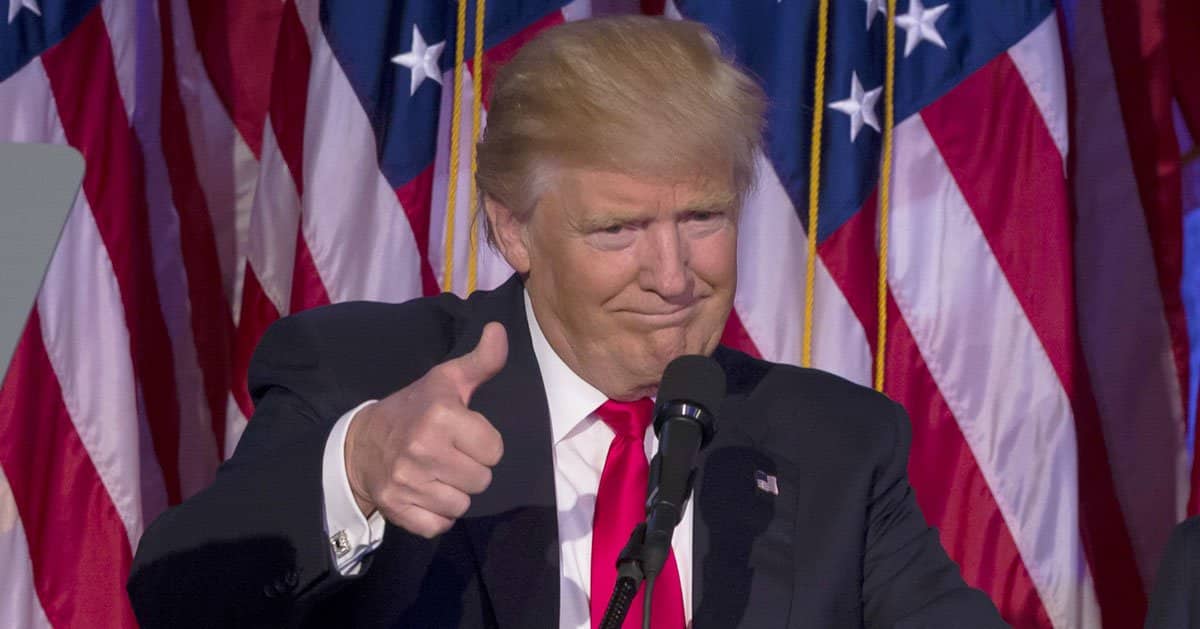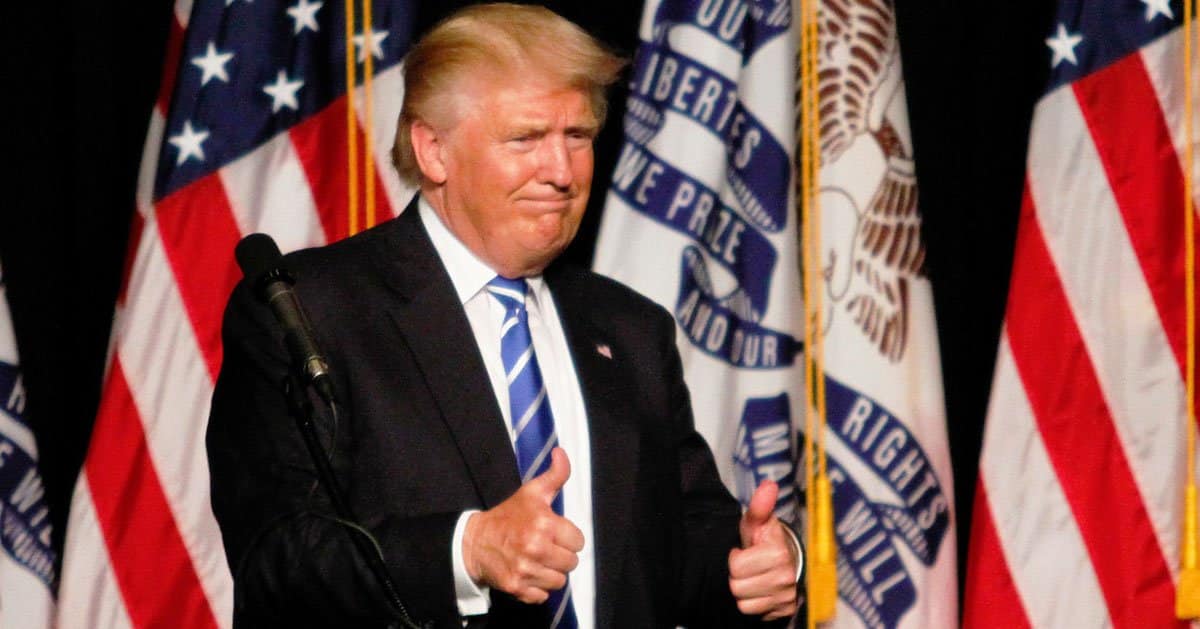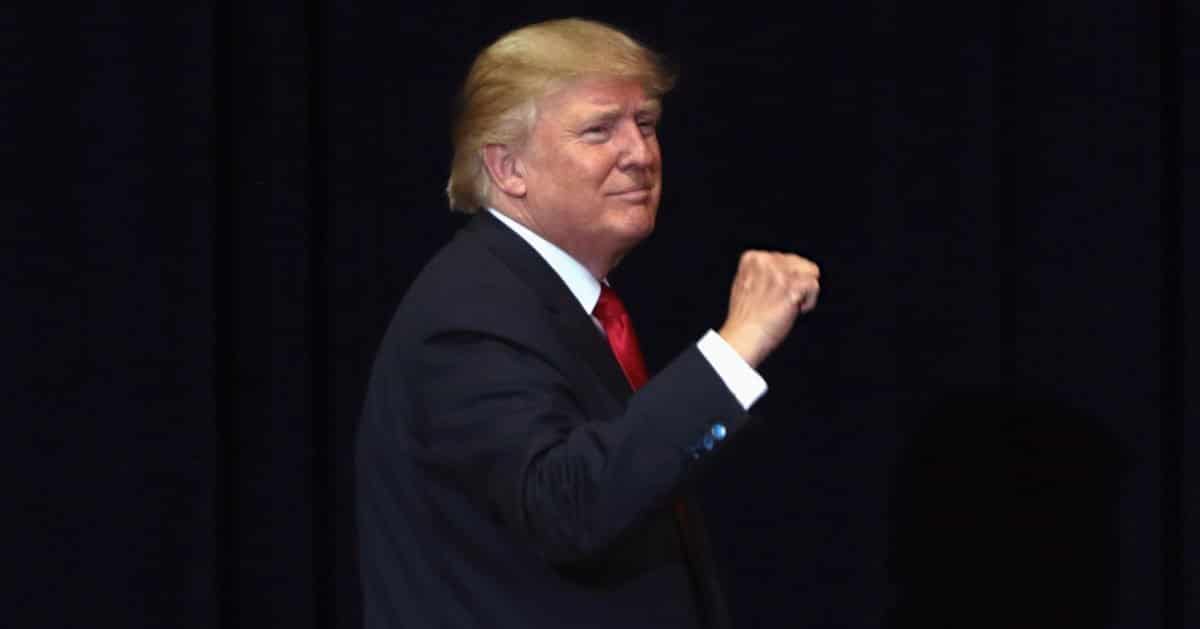








The U.S. Justice Department has requested the dismissal of corruption charges against New York City Mayor Eric Adams, a move that has sparked significant controversy and criticism.
The Associated Press reported that the Justice Department's request cites concerns over prosecutorial misconduct and possible political influence in dismissing charges against Mayor Adams.
Acting Deputy Attorney General Emil Bove spearheaded the effort to dismiss charges, arguing that maintaining the case could hinder Mayor Adams' re-election campaign and governance. These developments have caused a rift between federal officials in Washington and prosecutors based in Manhattan.
Manhattan prosecutors, led by interim U.S. Attorney Danielle Sassoon, refused to comply with the dismissal directive. This resulted in a significant backlash, with at least seven prosecutors resigning from their roles in protest against Bove's decision.
The motion to dismiss the charges included signatures from Bove, as well as Edward Sullivan and Antoinette Bacon. Notably, none of the signatures on the motion came from the Manhattan prosecutors who initially brought the case against Mayor Adams.
An experienced prosecutor signed onto the dismissal motion, expressing concerns about younger colleagues' job security amid the ongoing tensions.
The decision by Washington's Justice Department was accompanied by suspensions of the involved prosecutors, accompanied by Bove initiating a probe into their actions.
In the background of these developments, President Trump's support for Adams has fueled speculation that dropping the charges might assist federal immigration policies and initiatives. This context further muddled the situation concerning Adams' legal battles and political future.
Mayor Eric Adams had previously pleaded not guilty to accusations of accepting illicit contributions and perks. Since then, he has continued to deny any quid pro quo arrangements related to the dismissal of his case in exchange for backing government policies.
Lawyer Alex Spiro staunchly defended Adams against allegations of such arrangements, labeling the claims as entirely false.
Adams echoed these sentiments, emphasizing he never offered or entertained any exchanges of his political authority regarding the case.
The court proceedings rest with Judge Dale E. Ho, who is slated to assess the motion to dismiss. The possibility remains open for the charges to be reinstated after Adams' re-election efforts in November.
Joshua Naftalis suggested that Judge Ho is likely to examine the role and implications under judicial rules. It is expected that the court might request written submissions or in-person appearances from the involved parties.
Sassoon anticipates a thorough judicial review of the dismissal request, aligning with precedents and practices in similar legal challenges. She and other critics view the decision as potentially politically motivated, detracting from foundational legal principles.
Critics within the Manhattan prosecutors' office condemned the decision, with Hagan Scotten explicitly expressing dissent. He highlighted that the use of prosecutorial power to influence elected officials stands contrary to established legal traditions and systems of liberty.
Scotten further criticized the idea of leveraging the dismissal of charges to sway political support, emphasizing that such a practice undermines the core values of ordered liberty and justice. His departure underscored his alignment with Sassoon's choice to resist the dismissal.
Support for Sassoon arrived from multiple former Manhattan U.S. Attorneys, who acknowledged her steadfast adherence to integrity and the law amid the current challenges. Their statement lent significant weight to the backlash against the Justice Department's request.



